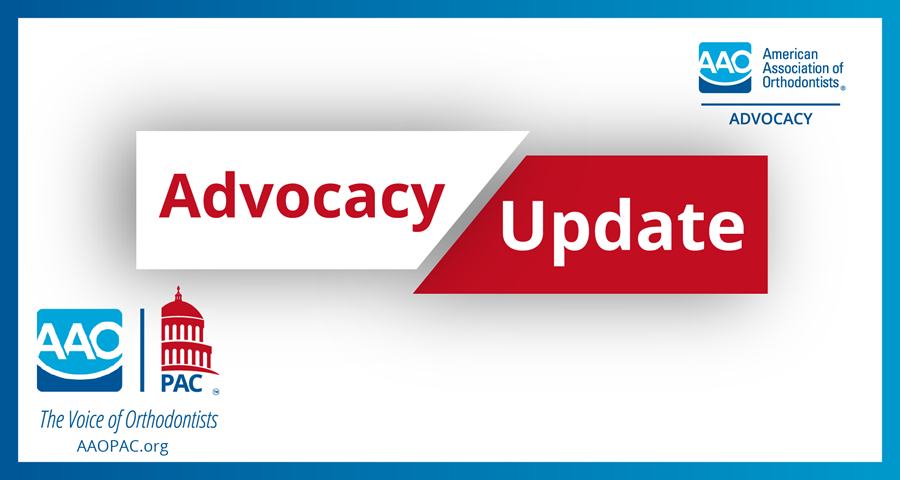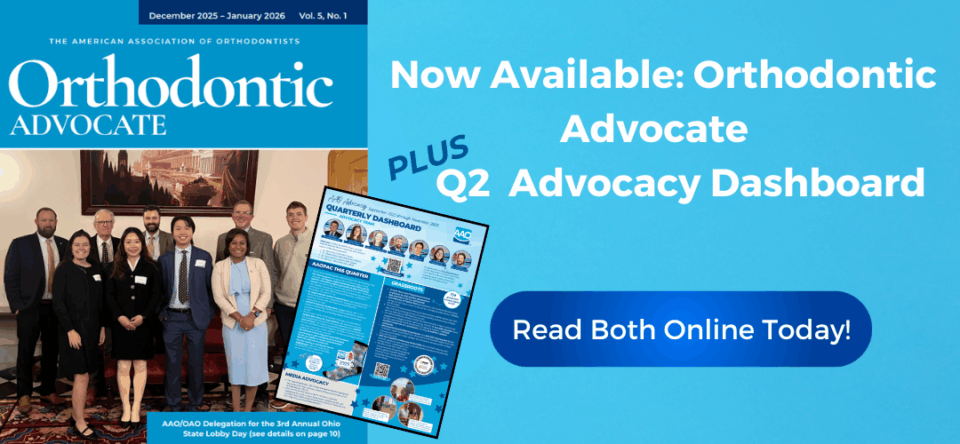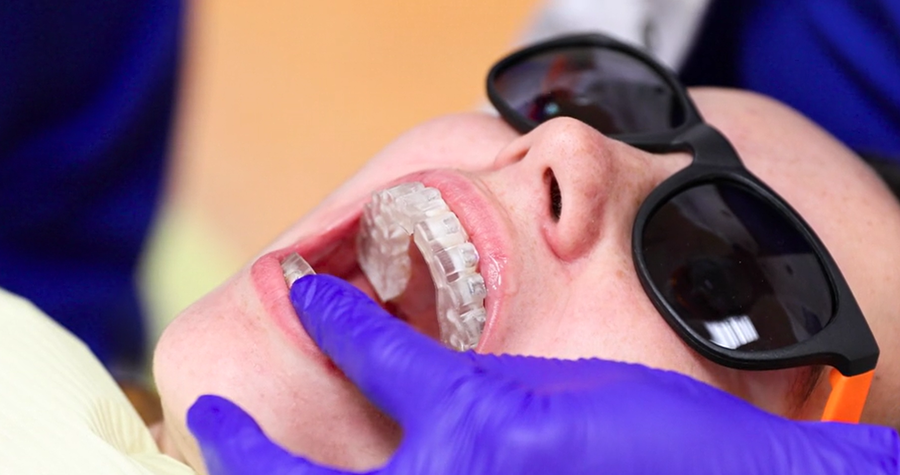Updated July 7, 2024
During the last year, seven states – Maine, Kansas, Virginia, Tennessee, Washington, Iowa, and Wisconsin – enacted legislation to form an interstate Dentist and Dental Hygienist (DDH) compact. The compact supports licensure portability through specific compact privilege guidelines by allowing dental professionals to practice in participating states instead of obtaining individual licenses in each state.
Seven states officially joining the compact is the minimum threshold number for national activation status of the DDH compact. Through the state legislative process, subsequent states can officially join the compact on an ongoing basis, without deadline. Colorado became the eighth state and Minnesota became the ninth to join the Dentist and Dental Hygienist Compact as of May 17, 2024.
As of July 2, 2024, the Dentist and Dental Hygienist bill had passed favorably in the Ohio House and Senate. It is slated to go to Ohio Governor Mike DeWine soon for approval. Pennsylvania and New Jersey have pending legislation to consider enacting the compact.
AAO generally supports licensure reform and efforts to enhance portability for orthodontists in order to improve access to quality care and help solve workforce issues. This AAO position is evidence-based with our AAO public policy survey showing 63% of AAO members supportive of licensure portability, 21% neutral, 15% opposed, and 1% unsure (margin of error +/- 6).
The Dentist and Dental Hygienist Compact was facilitated by The Council of State Governments (CSG) and developed through a broad coalition of industry partners, led by the American Dental Association and American Dental Hygienists’ Association. The AAO offered public comment during the compact drafting process in the fall of 2022 and wrote to CSG in April 2023 supporting the finalized version of the Dentist and Dental Hygienist Compact.
The original compact request and associated grant funding to facilitate the process came from the 2020 National Defense Authorization Act which is linked here. Section 575 states, “The Secretary of Defense shall seek to enter into a cooperative agreement with the Council of State Governments to assist with funding of the development of interstate compacts on licensed occupations in order to alleviate the burden associated with relicensing in such an occupation by spouse of a members of the armed forces in connection with a permanent change of duty station of members to another State.”
The scope of the Dentist and Dental Hygienist Compact was always to benefit the profession at large, not only military spouses. A U.S. Department of Defense (DoD) press release linked here states, “Through a cooperative agreement with the Council of State Governments, grants will allow selected professions to work with CSG’s National Center for Interstate Compacts to develop model interstate occupational licensure compact legislation, addressing license portability affecting transitioning military spouses, along with other practitioners in the profession.”
DoD prefers interstate compacts over other military spouse licensure policies because military spouses are not treated as a different class of licensee. Rather than navigating a patchwork of state-specific endorsement/reciprocity provisions for military spouses, compacts create regulatory certainty by providing for one, streamlined pathway to practice in other states for all practitioners who wish to be mobile or work in multiple states. Because of these considerations, DoD chose to fund the Dentist and Dental Hygienist Compact knowing that it would benefit the profession at large.
Much like the existing licensure compacts for nurses, physical therapists, physicians, psychologists and EMS personnel, the Dentist and Dental Hygienist Compact will increase licensure portability for practitioners while allowing member state regulatory boards to better protect consumers through enhanced sharing of licensure information.
Existing interstate occupational licensure compacts have been successful in reducing barriers for practitioners who wish to provide services in other states. The AAO believes the Dentist and Dental Hygienist Compact will benefit consumers, licensure boards, and the dentistry profession by:
• Enhancing mobility for practitioners who meet uniform licensure requirements.
• Increasing access to care for patients.
• Ensuring continuity of care when patients or practitioners relocate or travel to other states.
• Allowing military personnel and spouses to maintain their licenses when relocating.
• Preserving and strengthening the current system of state licensure.
For more information about the DDH Compact, including helpful FAQs, please visit https://ddhcompact.org/faq/.



